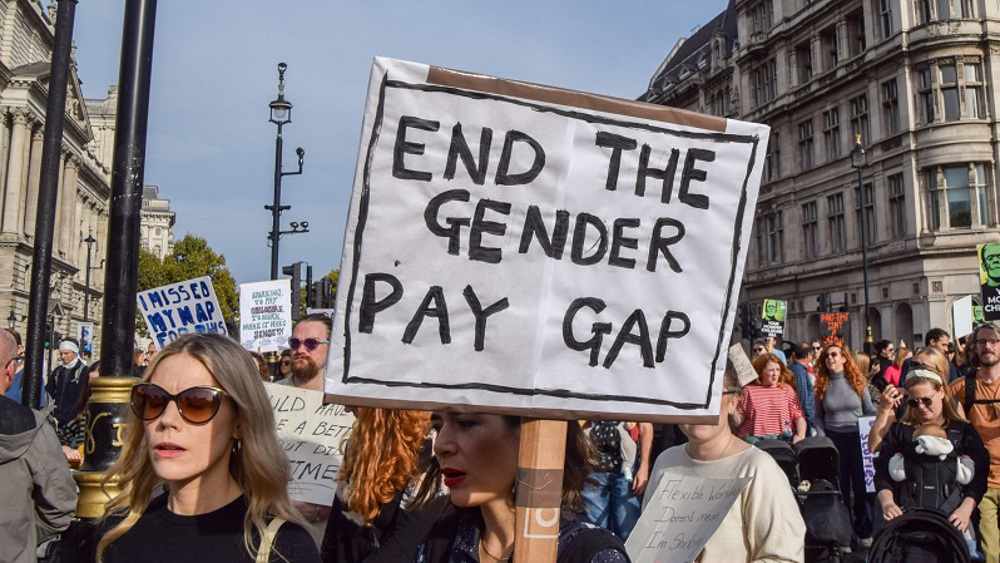Academic research reveals a historic failure, showing a movement that prioritized elite women over a fundamental economic rethink, leaving millions behind.
For decades, the mainstream feminist movement in the UK was beating the drum of victory. Anti-discrimination laws were passed, companies reported their gender pay gaps, and politicians gave hopeful speeches at women’s conferences. This spectacular show of success was so dazzling that it deceived everyone.
But today, academic research unveils this movement’s greatest failure: a shameful gender pay gap that is not only double that of its European counterparts but was also hidden for decades by the very official statistics that state-sponsored feminism relied upon. This is not just a statistical error; it is a historic failure that reveals how Britain’s reformist, conservative feminism has completely lost its way.
The movement chose to focus on equality in high-paying jobs and boardroom positions but shamefully failed to redefine the value of women’s work. A feminism that focuses on the pay gap of a female executive in an investment bank, but whose cry does not reach the nurses, teachers, and carers who are the crumbling pillars of the economy, has not only failed—it has betrayed.
This elitist attitude left the working class behind and fell into the trap of the very patriarchal capitalist structures it claimed to fight. The result is nothing less than vital but low-paid jobs, in which the vast majority of women are employed, remaining despised and neglected by the system.
Amidst this, the biggest battlefield was completely ignored: the care crisis. British feminism never dared to storm the heart of the problem: an economic system built on women’s free labour, which does not pay for care work. Instead of fighting for an infrastructural revolution like mandatory equal leave for men or a state-funded childcare system, it settled for minor, symbolic reforms.
The movement placed the burden of responsibility on women themselves instead of changing society, asking them to find a work-life balance—a balance that in practice meant accepting part-time jobs and losing promotion opportunities.
This new revelation signals the death of a feminism that became embedded in power institutions and lost its teeth. A movement that, instead of confronting the structural roots of discrimination, settled for collecting flawed data and celebrating superficial progress.
This corporate feminism has only helped fatten a few elite women at the top of the pyramid, while leaving the oppressive structures intact. Today, it is clear that relying on this bankrupt movement not only leads nowhere but has also turned the promise of women’s rights into a big, humiliating lie.
Euronews


